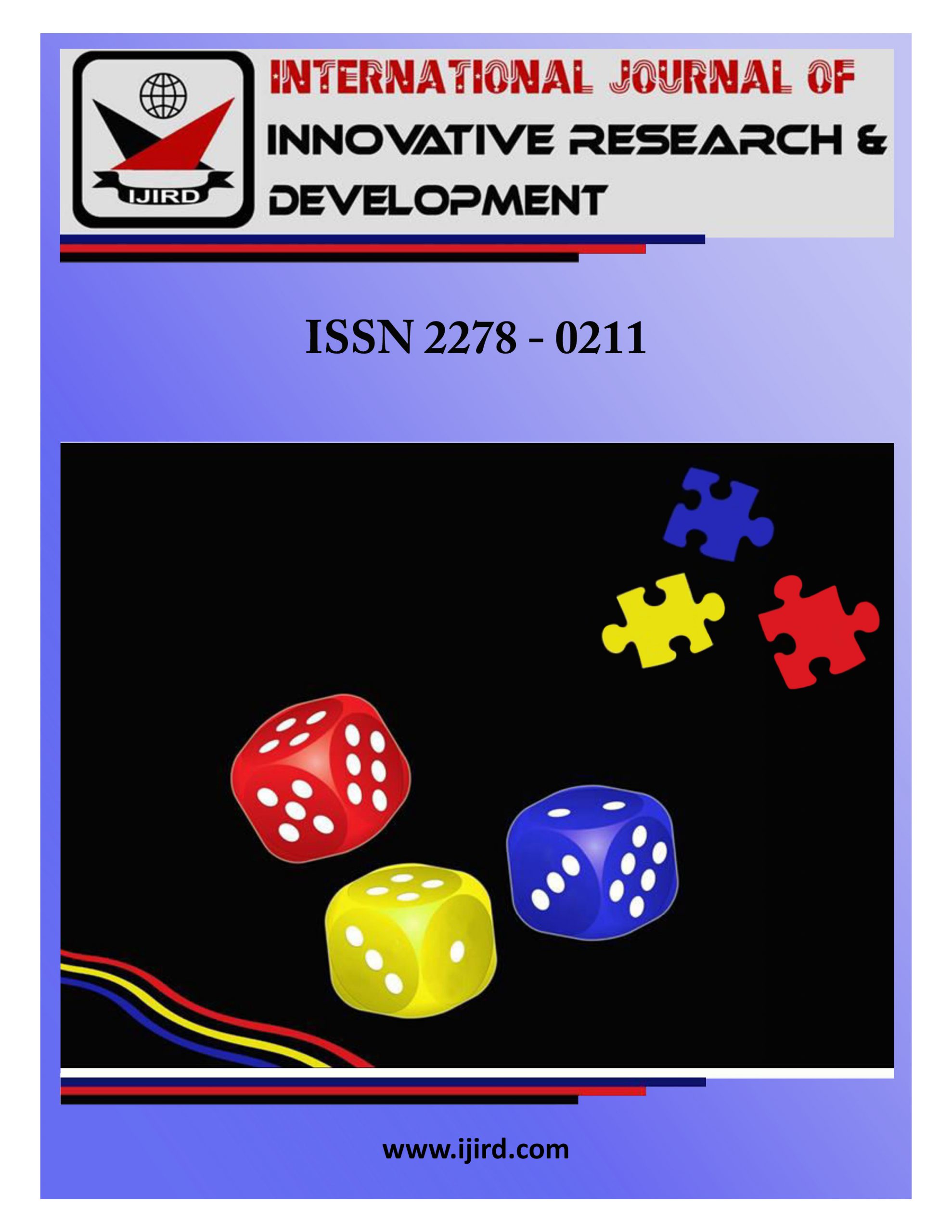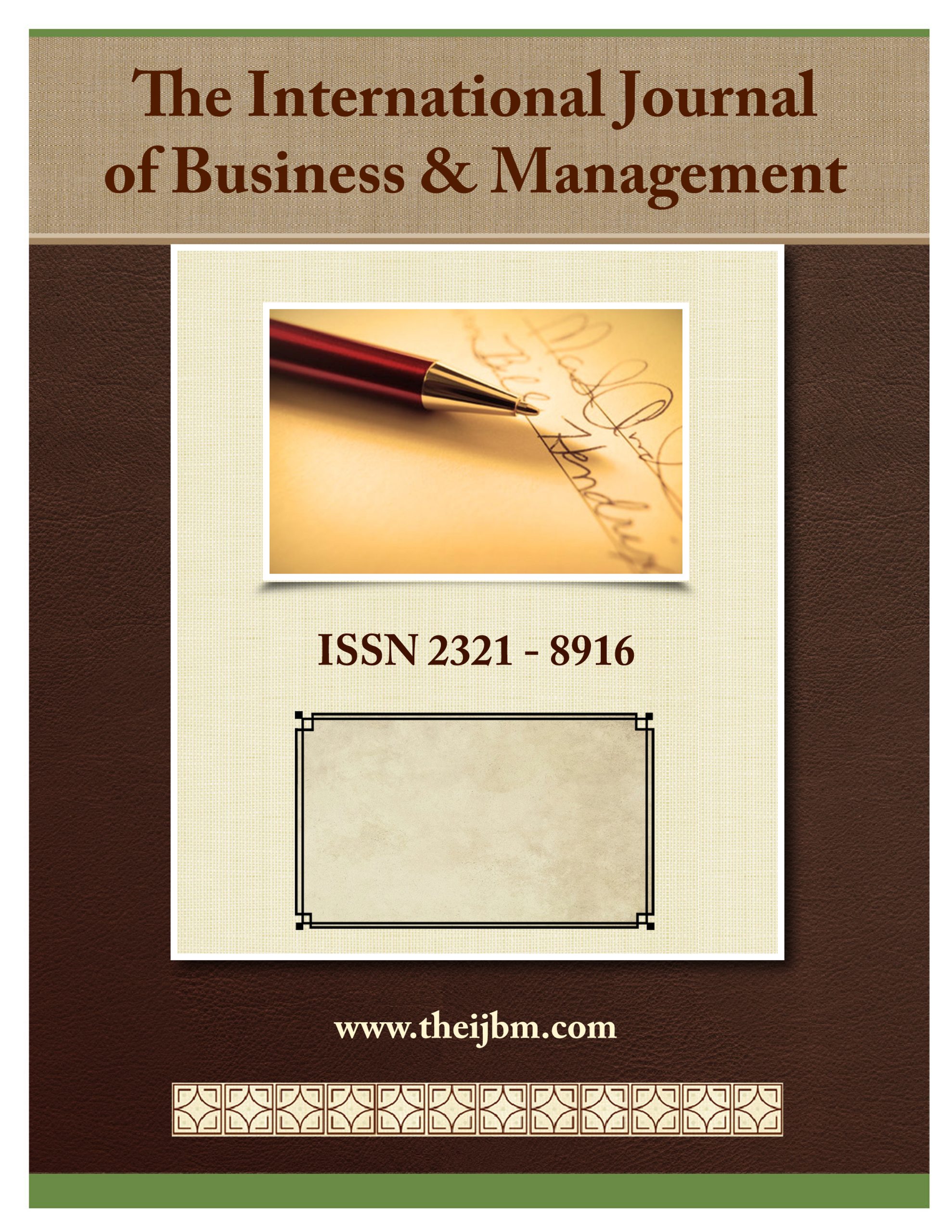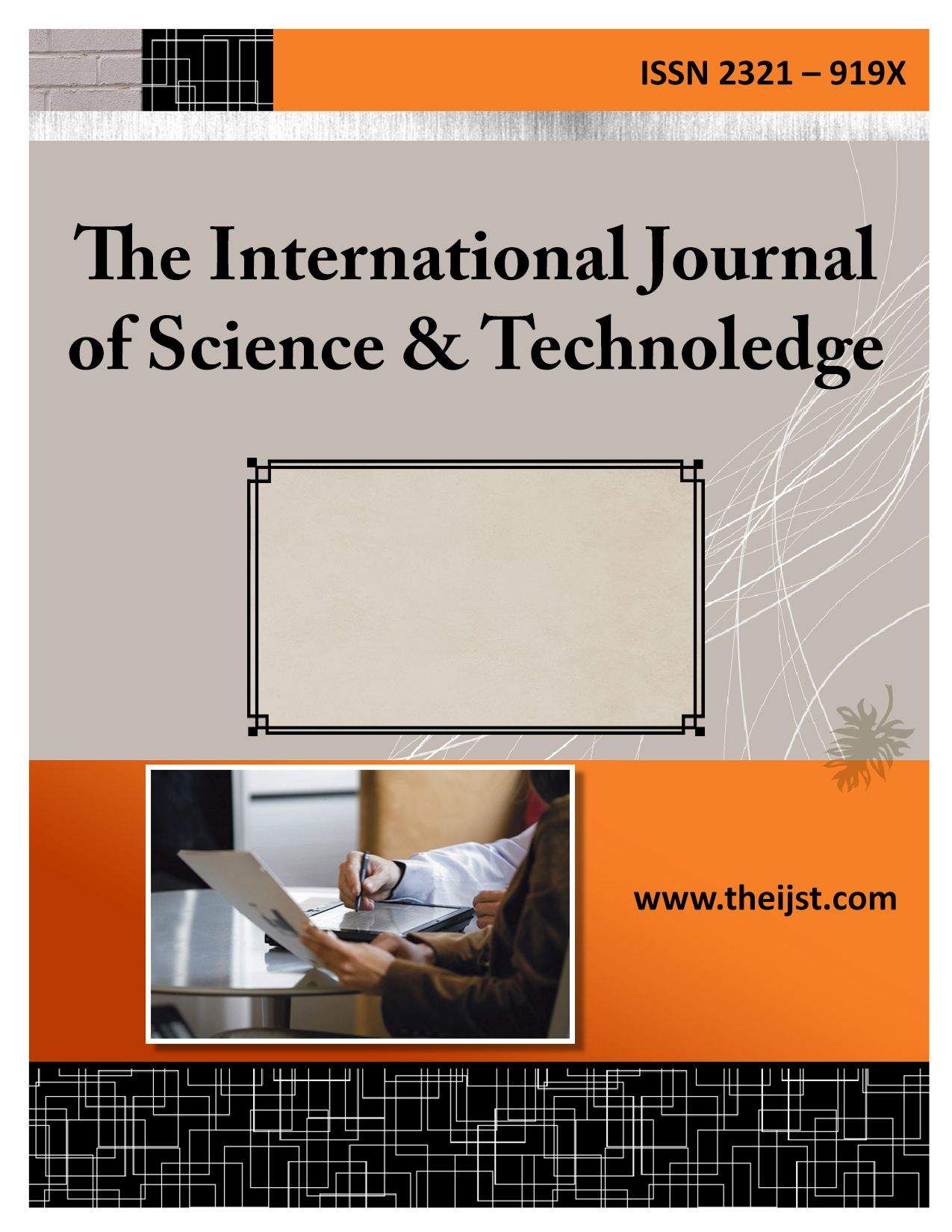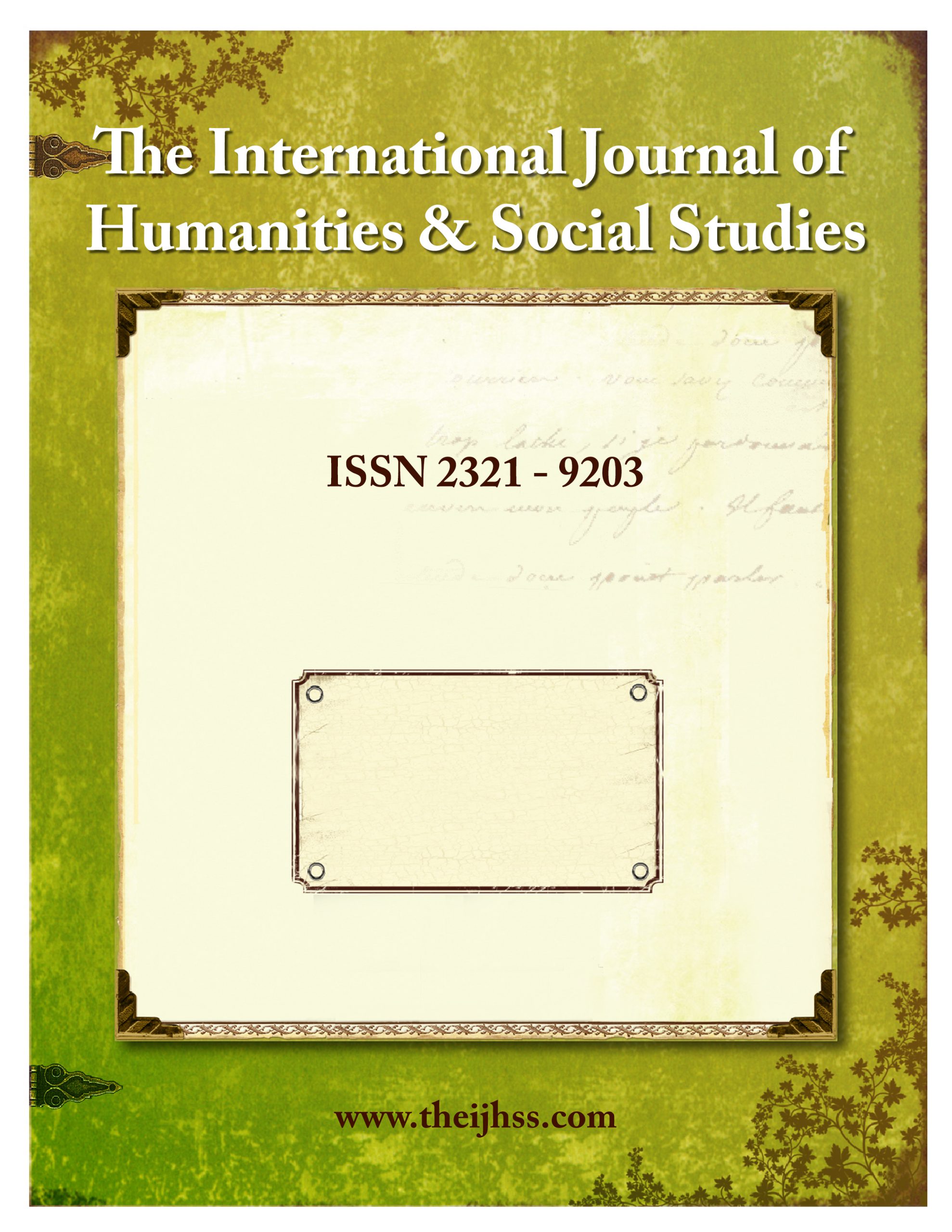Crafting a compelling manuscript for an academic journal is a multifaceted task that requires a combination of research prowess, writing skill, and an understanding of the intricacies of the scholarly publishing process. In this blog, we’ll delve into seven proven strategies that will help you craft manuscripts that not only meet the rigorous standards of academic journals but also captivate readers and make a lasting impact in journal call for papers.
1. Define a Clear Research Question or Hypothesis: A well-defined research question or hypothesis is the cornerstone of any compelling academic manuscript. Clearly articulate the problem or gap in knowledge that your research addresses. Ensure that your research question is specific, measurable, and aligned with the objectives of your study. A focused and precise research question provides a solid foundation for your entire manuscript.
2. Conduct a Comprehensive Literature Review: A compelling manuscript is grounded in a thorough understanding of existing literature in your field. Conduct a comprehensive literature review to identify gaps, controversies, or areas where your research can make a significant contribution. Synthesise the key findings from relevant studies and position your research within the broader academic discourse. This not only establishes the context for your work but also demonstrates your familiarity with the current state of the field.
3. Create a Strong Structure: Organise your manuscript in a clear and logical structure that guides readers through your research seamlessly. Typically, academic articles follow a standard structure, including an introduction, literature review, methodology, results, discussion, and conclusion. Ensure that each section flows logically from the previous one, creating a cohesive narrative that supports the central argument of your manuscript.
4. Engage in Rigorous Methodology: A compelling manuscript is built on a foundation of rigorous research methods. Clearly describe your research design, sampling techniques, data collection procedures, and statistical analyses. Transparency in your methodology enhances the credibility of your research and allows readers to evaluate the validity of your findings. Be explicit about any limitations and demonstrate an awareness of potential biases.
5. Write with Clarity and Precision: Effective communication is paramount in academic writing. Write with clarity, precision, and conciseness. Avoid unnecessary jargon and convoluted sentences that can hinder comprehension. Clearly articulate your ideas, hypotheses, and findings. A well-written manuscript not only facilitates understanding but also enhances the overall readability and impact of your research.
6. Embrace the Peer Review Process: The peer review process is an integral part of academic publishing. Be prepared to receive constructive feedback and actively engage with reviewers’ comments. Use the feedback to refine your manuscript, address potential weaknesses, and strengthen your argument. A willingness to undergo multiple rounds of review demonstrates your commitment to producing high-quality research.
7. Pay Meticulous Attention to Detail: Before submitting your manuscript, meticulously proofread and edit your work. Check for grammatical errors, typos, and formatting inconsistencies. Attention to detail is a sign of professionalism and enhances the overall quality of your manuscript. Consider seeking feedback from colleagues or professional editors to ensure the highest standard of writing.
Crafting a compelling manuscript for an academic journal requires a strategic approach that encompasses every stage of the writing process. By defining a clear research question, conducting a comprehensive literature review, creating a strong structure, engaging in rigorous methodology, writing with clarity and precision, embracing the peer review process, and paying meticulous attention to detail, you can enhance the quality and impact of your academic publications. These proven strategies will not only help you navigate the publishing process successfully but also contribute meaningfully to the advancement of knowledge in your field.












